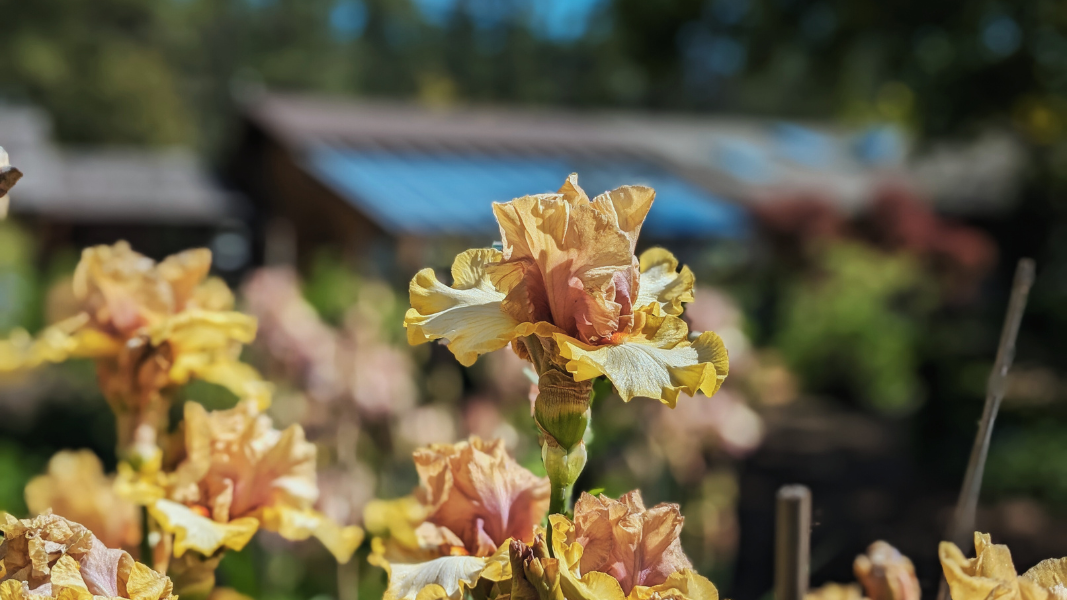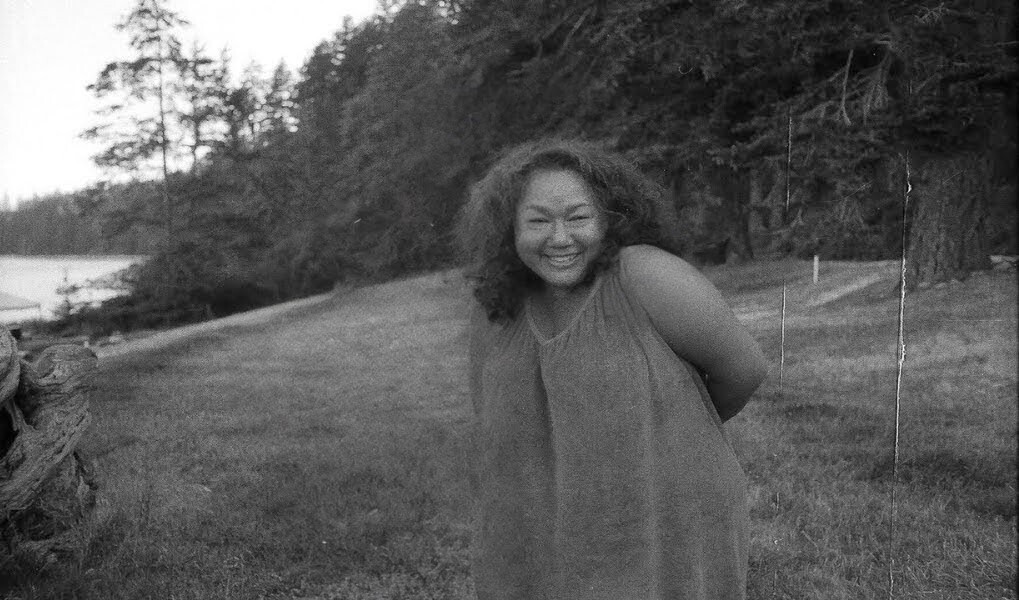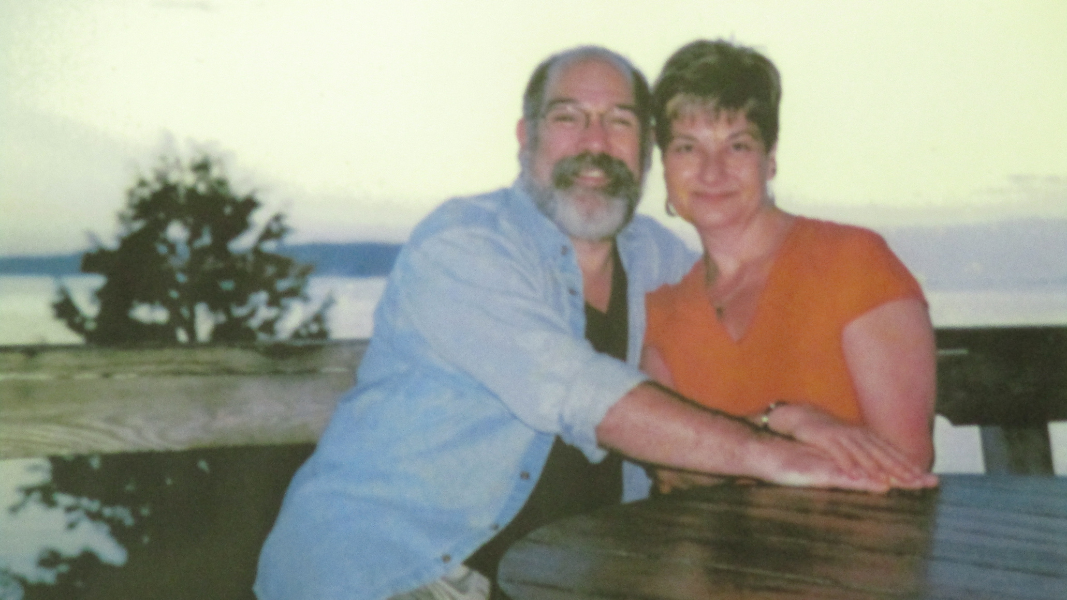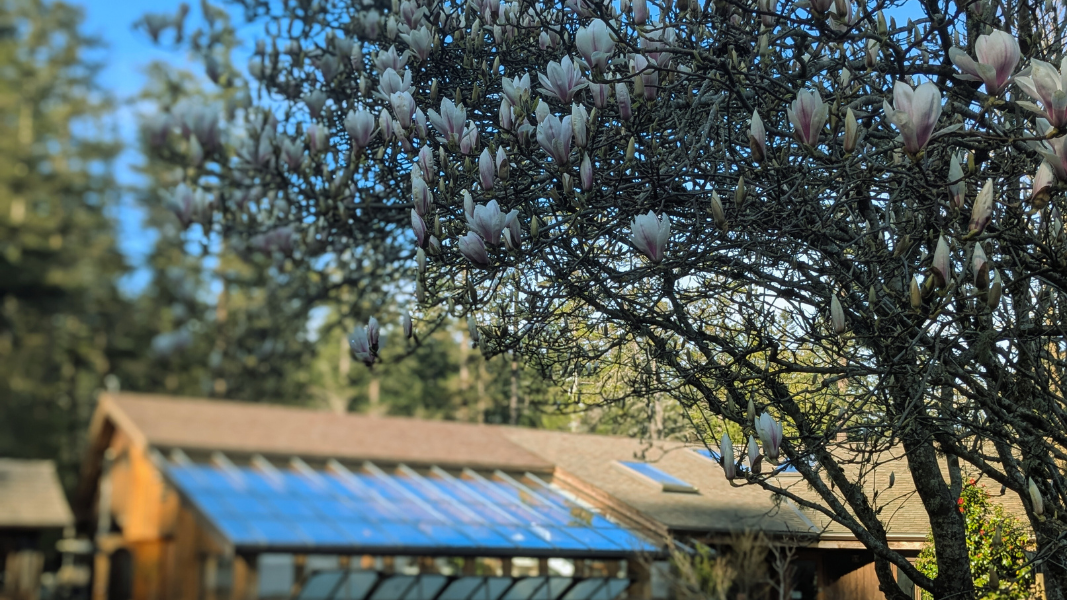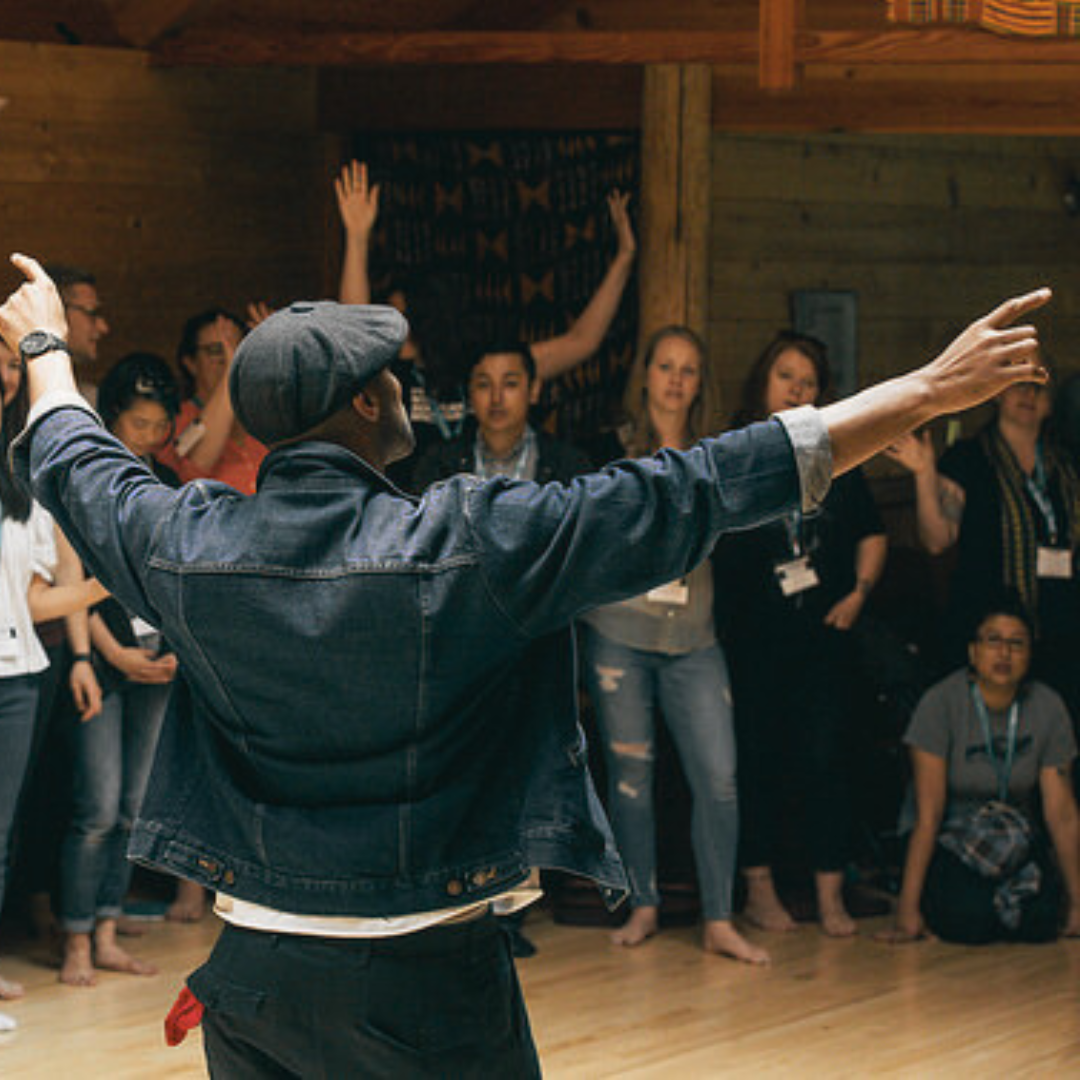Conversations concerning the climate are swiftly changing. As the sense of immediacy grows, so is the understanding that drastic measures will be needed. Extreme weather events are increasing in frequency and severity. Scientific studies are reporting dire news and predictions for the insect and mammal populations, ocean acidification, and rising CO2 levels. In our local bioregion, fires dominate much of the summer. Climate change is here, and now we must grapple with how best to respond. One rising voice is the call for climate justice.
Historically, the dominant narrative concerning global warming have centered individual choices. In North America, people are encouraged to drive less, consume fewer animal products, and be mindful of plastic use. By contrast, climate justice invites examination of the system within which those choices are made.
A key weakness of individualism is that it assumes equality in both access to and impact of our decisions. However, the continued legacies of colonization and imperialism have made the playing field anything but level. Industrial countries have built their wealth and power though systems of extraction and exploitation of people and planet. Proponents of climate justice argue that solutions oriented within this same framework are insufficient, and fail to meet the needs of those most impacted by climate change.
Marginalized communities are bearing the brunt of ecological failure with fewer resources and rising urgency. Because of this, responses to the changing climate must address questions of equity, or they risk amplifying the current disparity. As the scale of climate impacts grows so do the injustices.
Climate justice strives to dismantle the systems which perpetuate exploitation, and rebuild with the understanding that the fate of all peoples (human or not) are intertwined.
The call for climate equity is not a new one. It is a movement rooted in the long tradition of Indigenous resistance to the environmental destruction wrought by colonialism. This tradition offers a rich history of successful models for leveraging community action in the face of large systems and seemingly overwhelming odds. However, meaningful solutions are hard to scale when so many of these communities remain deeply under-resourced. To prioritize solutions by and for those most impacted by climate change is to cultivate resilience for all communities.
On this little planet, ultimately all boats shall rise or sink together. Only together can we begin to build solutions that serve all.
To learn more about climate justice from an Indigenous rights-based perspective, watch Change the System, Not the Planet from Creating A Climate for Change presenter Clayton Thomas Muller.
Join us next month at Creating A Climate for Change, June 9-14 at the Cortes Island Campus. Together we will co-create strategies and solutions for a safe and just climate future.


